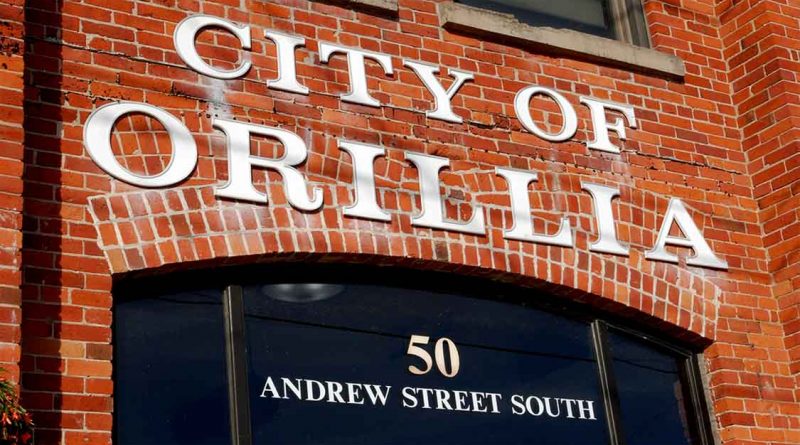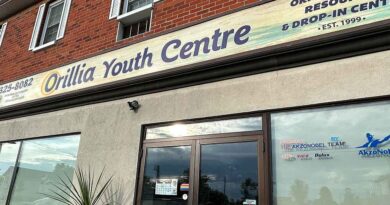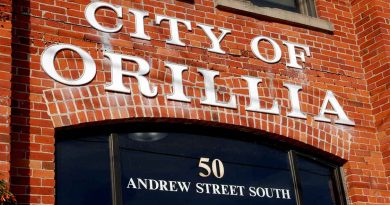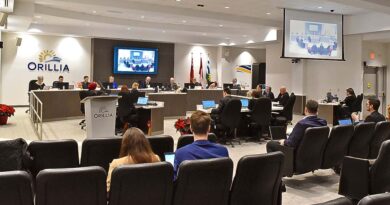Council Preview
By John Swartz
Orillia council holds its first hybrid committee/regular meetings Monday starting at 2 p.m. This new format also includes special meetings, like the public meeting regarding development charges on the schedule.
The City has to enact a new development charges by-law every 5 years. The point is to update where rates should be set at according to several factors like what municipal services have to be added or constructed to accommodate growth.
For example, all the new housing on the north end of Laclie Street means the wear and tear on the road will be greater (it is already and construction of two new developments is yet to start), maybe bigger water and sewer pipes, additional transit, policing and fire costs for more residents, etc. have to be paid for and those costs should not be borne by existing residents/taxpayers.
It’s not hard concept to understand and most people get it, even those paying the charges. (though there may be disagreement on how much).
The effect of the recently enacted Bill 23 from the province means the job of calculating and justifying what the new charges should be moves from exhaustive to mind boggling. Especially when the regulations about the new bill have not been made public. That means the planning department has to guess what is coming, or take a wait and see approach and make changes later.
The new bill also exempted a list of properties/development types from having development charges applied. Most of those are what is classed as affordable housing. But when one considers the definition is housing that costs 80% of similar housing in the market, most people would think it’s still unaffordable.
One of the new orders from the province require municipalities to spend 60% reserve fund balances annually on water, wastewater and services related to roads. This takes the idea of planning and throws it out the window. For example if a new fire hall in the west ridge might be planned to accommodate growth on the west side of Highway 11 and if the City was holding off spending development charge money to pay for it, well forget that. Those types of things take a few years to plan and build.
Another thing taken off the list of applications for use of development charges is the cost of studies like the one for this by-law and other growth related studies can no longer be charged to development reserves.
One could go on, and many have, about the irrational things contained in Bill 23, but the bottom line is while development charges might justifiably have to go up in Orillia, staff don’t know definitely how much and what qualifies, which in turn affects the gross amount of revenue and therefore decisions about infrastructure building. It’s safe to say all taxpayers will be paying for improvements created by newcomers. On the other hand we are going to have a new laundromat in the downtown core, so taxpayers won’t have to go far to be taken to the cleaners.
Staff calculated of the $361 million forecast for capital projects over the next 10 years and $243 million for engineering (roads and pipes) $92 million will come from development charges, as they stand now.
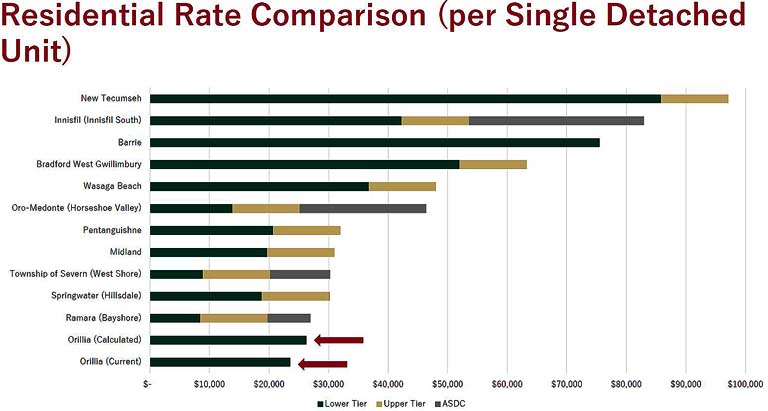
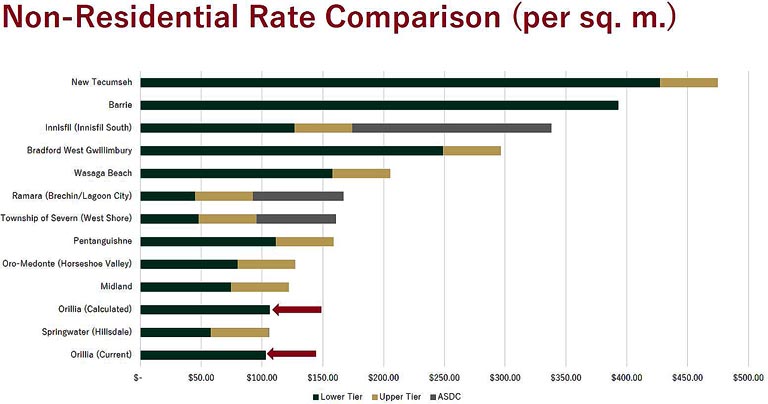
The current charge for a single, detached house is $23,571 and the new charge is $26,288. However, the new bill limits the new charge to $21,030, which one can see is less than the current charge. Over the next 20 years the City gets to bump the charge by 5% annually to meet the new charge.
Non-residential charges will go to $103.03 to $106.37 per square meter – limited to $85.10 under the new bill.
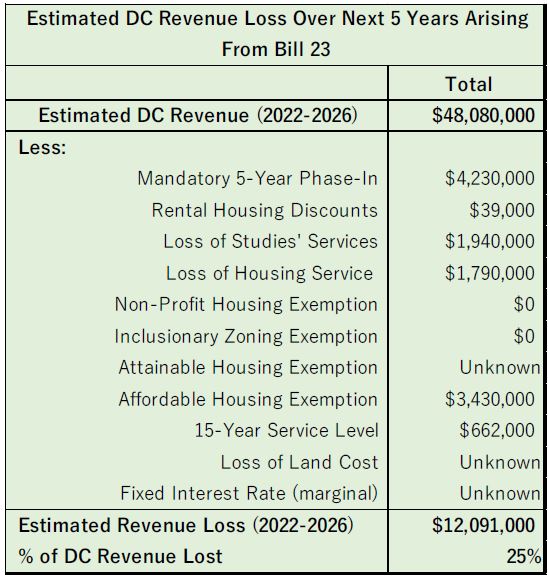
On the bright side, Orillia’s old development charge was the lowest of 11 municipalities surveyed in Simcoe County and will remain so with the new charge. For non-residential Orillia will jump a slot by a tiny margin to the second lowest.
The tilt toward homeowners paying most shows the increase (without the reduction under Bill 23) is 11.5% and for non-residential 3.2%. Staff estimate the City will lose $12 million because of Bill 23.
Looking over the supporting documents (280 pages), one area of investigation assumes what looks like a faulty assessment regarding the library. The consultant, Hemson Consulting Ltd., states use of the library by residents of Oro-Medonte and Severn townships accounts for 25%. Therefore they deducted 25% of the value of inventory and allocates replacement cost of the building to the City at $19.22 million of the total estimated replacement cost of $25.62 million.
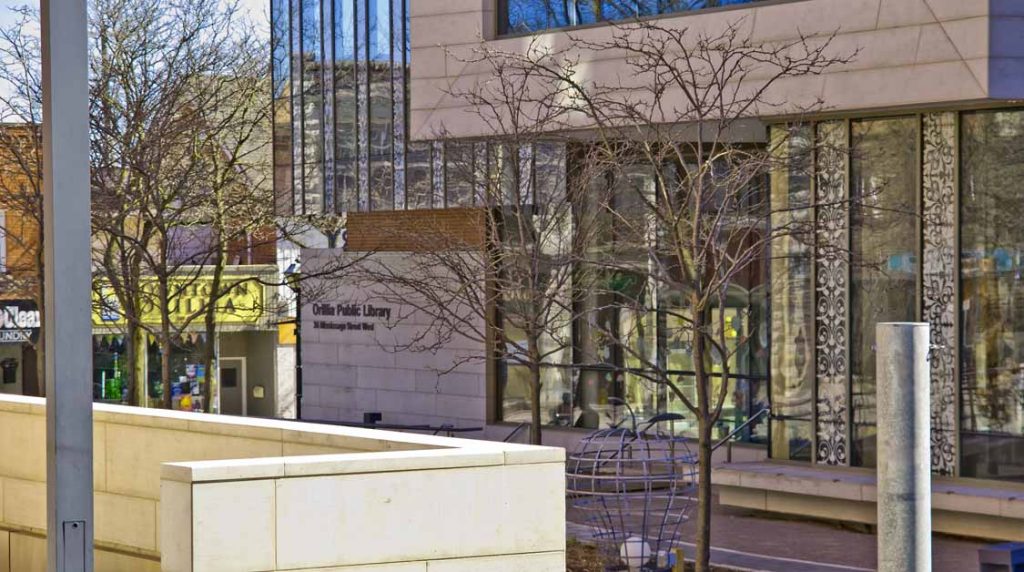
The former point on inventory is flawed because the annual operating budget is just that, operating. While allocations to acquire new materials and inventory is a part of the operating budget, labour is the lion’s share and without dragging out a calculator, materials and inventory are now where near 25% of the budget.
About the latter, the City owns the library building lock, stock and barrel. The townships did not contribute one dime to the capital cost of constructing it, and to SUNonline/Orillia’s knowledge there is no agreement to share capital costs, now or in the future.
They further assert the land value is $400,000, with the City’s share being $300,000. It is likely a title search would show ownership of the land to be only the City of Orillia.
Historically the townships have been reluctant to contribute a fair share to the operating budget, and would be equally resistant to contributing anything to capital costs of replacement of the library and holdings.
This does not look like a true representation of the municipality’s investment in the library and therefore any calculation by Hemson of how much an increase of library service due to population increases and recoverable from development the City can pay for from the development charge reserve is going to be a lower amount than it should be.
Moving On
Following the development charge meeting the agenda will look foreign to many because some elements of the regular meeting procedure (presentations, deputations and public forum have been moved to the top before the actual committee meeting begins.

Representatives of the chamber of commerce will present awards to participants of the 2022 Orillia Santa Claus Parade. Then Leslie Bellingham and John Polubiec of Raising the Roof will make a deputation to request the City to make a financial contribution toward their Rapid Housing Project. This project is the plan to convert unused space in the former federal building on Peter Street (Post Office) into 40 housing units.
They say those units will be affordable at better than accepted definitions of affordability. The group has an application for funding (CMHC) and has a mid-February deadline to show local support on the funding side. This is similar to how things played out with the Lighthouse, which got more than $11 million of the $14 million cost in funding from CMHC on the strength of the City’s financial participation.
To date the group has received or confirmed funding in the amount of $1,784,000 from various sources including the feds, toward the project. They are also asking or have applied for grants from the County. They are asking the City for $506,000, split between land purchase and construction costs, along with similar kinds of waivers and reduced fees the Lighthouse got for development charges, planning and engineering fees up to $25,000 value.
The total value of the project is $15 million of which they expect the feds will contribute $8.8 million. In addition, resulting from Bill 23, the development charge cost may not be an issue, at least for the project proponents.
Following the public forum, council has a motion to go into closed session. , For observers this will present a barrier to staying with proceedings since closed sessions tend to go over the time budgeted for them.
The closed session agenda has committee appoints; a staffing item in the culture and tourism department; staffing for the environment and infrastructure department, and a report regarding non-compliance with the COVID 19 prevention policy. Compared to agenda documents of the past there is now less detail regarding the minimal amount previously stated about each item on the closed session agenda.
Council Committee Meeting
At the last meeting appointments of councillors to committees and boards was made. Already there are changes. Councillor Janet-Lynne Durnford will be replacing councillor Luke Leatherdale on the County’s social, community and ambulance committee, and be appointed to the County’s log-term care committee. Councillor Jay Fallis is being appointed to the County’s social, community and ambulance committee.
Council has a report clarifying participation in meetings online. Even though meetings can once again be attended in person, as it stands a councillor can still request to join a meeting on Zoom. If such is the case, all councillors in the meeting will be required to also use Zoom, whether or not they are in council chambers.
This may, or may not apply to those addressing council remotely. The by-law covers councillors, but currently does not cover those not in office, so staff say they need to develop a recommendation how this would apply (i.e. all on Zoom even if those participating are not councillors).
A report regarding accessibility issues related to the last municipal election is on the agenda. New to most is allowing election workers to go to a person’s vehicle for the purpose of voting, which they say was used three times.
Just before voting day Birchmere Retirement Residence and Sundial Lakeview Retirement Residence had COVID outbreaks and election staff could not be on hand. Some residents were taken to the polling station at Patrick Fogarty Catholic Secondary School.
Staff report they received one suggestion for improvement and no complaints were registered. There is still an opportunity to submit comments by way of the City’s Customer Service Feedback Form.
Consent Agenda
A letter from Kindred Works (housing developers of the former Regent Park United Church property) informs council they are applying for CMHC funding, and as per the Raising the Roof and Lighthouse projects are giving a heads up they will be asking for similar funding from the City between $300,000 and $1 million depending on exemptions. The recommendation is to provide a requested letter of support.
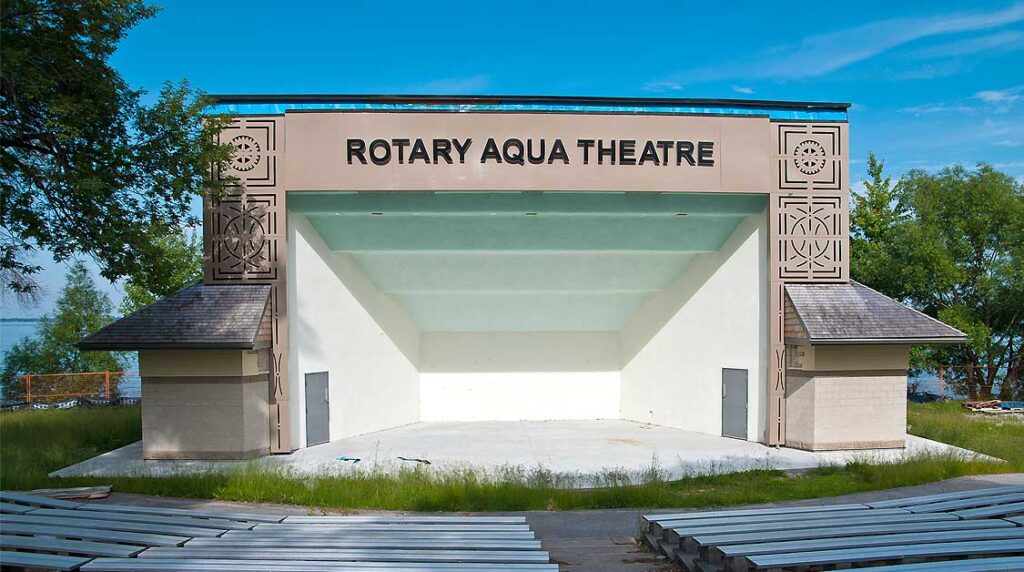
A letter for the Rotary Club of Orillia regarding improvements to the Aqua Theatre is next. They are committing $15,000 toward the seating area rebuilding design. They say they will also contribute toward the estimated construction costs of $250,000, but do not say how much, other then they will present a fundraising plan to council in the spring. This is being referred to budget committee.
Under the correspondence header, councillor Fallis pulled an item from a previous meeting from Valerie Verhey requesting the City looking to changing some parking regulations (particularly winter regs) to accommodate those in the VanLife movement (living in vehicles as a primary residence). Fallis wants a staff report regarding the various solutions offered.
Enquiry Motion
Councillor Smith has her first of the term requesting a staff report regarding an overview of regulations for short-term rental accommodations (AirBnb?), to include what other municipalities have on the books. She also wants included what it will take to set up registration, fee collection and enforcement.
One of the by-laws on the agenda of interest confirms the sale of lots 3 and 4 in the Horne Business Park to Frankie Tate in trust for a corporation to be incorporated. SUNonline/Orillia was unable to determine who or what Frankie Tate is (could be a company name) and what purpose the land might be used for. It also does not include the sale price.
You can attend council meetings now, or watch them live on Rogers TV.
(Photos by Swartz – SUNonline/Orillia; Images Supplied)

